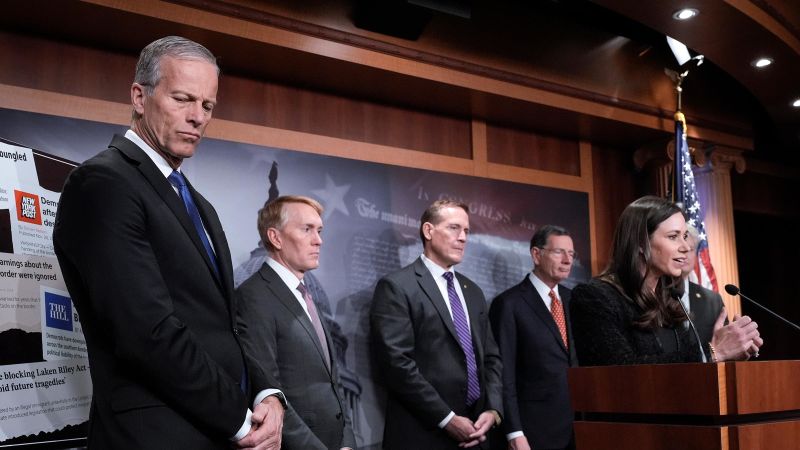Capitol Hill Backs Trump's Border Crackdown: Detention Bill Clears Crucial Vote

In a decisive move that signals the Republican Party's immigration priorities, the House of Representatives passed a controversial bill on Wednesday aimed at mandating the detention of undocumented immigrants who have been charged with specific criminal offenses. The legislation represents a significant early victory for President Donald Trump and congressional Republicans, who strategically selected this measure as their first legislative initiative in the new Congressional session.
The bill, which underscores the GOP's hardline stance on immigration enforcement, will require mandatory detention for undocumented migrants accused of certain criminal activities. By bringing this legislation to the floor as their opening act, Republican lawmakers are sending a clear message about their commitment to stricter border control and immigration policies.
This vote not only fulfills campaign promises but also sets the tone for the Republican agenda in the current congressional term, highlighting immigration as a key policy focus. The passage of the bill marks a symbolic and substantive step toward implementing more stringent immigration enforcement mechanisms.

